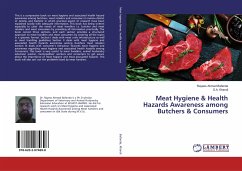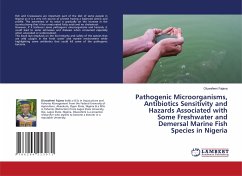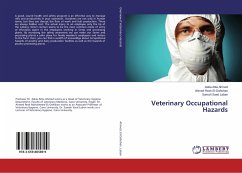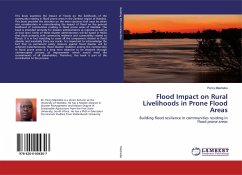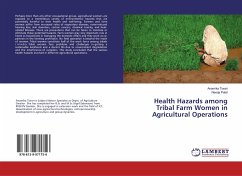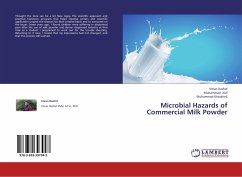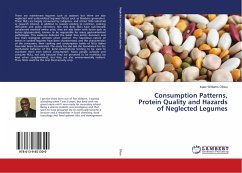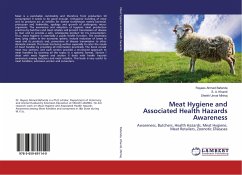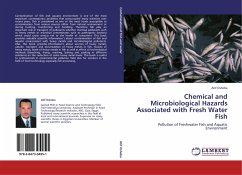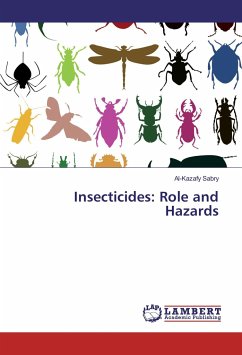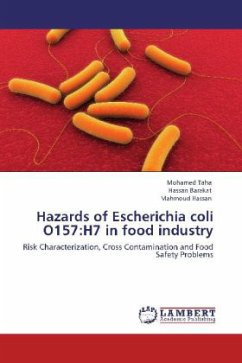
Hazards of Escherichia coli O157:H7 in food industry
Risk Characterization, Cross Contamination and Food Safety Problems
Versandkostenfrei!
Versandfertig in 6-10 Tagen
32,99 €
inkl. MwSt.

PAYBACK Punkte
16 °P sammeln!
E. coli serotype O157:H7 is a rare variety of E. coli, a normal inhabitant of the intestines of all animals, including humans. The pathogen produces large quantities of one or more related potent toxins, called Shiga toxins, which cause severe damage to the lining of the intestine and to other target organs, such as the kidneys. E. coli O157:H7 was first recognized as a cause of illness in 1982 during an outbreak of severe bloody diarrhea that was later traced to contaminated hamburgers. It has since been implicated in a number of outbreaks of intestinal distress. The most severe outcome in th...
E. coli serotype O157:H7 is a rare variety of E. coli, a normal inhabitant of the intestines of all animals, including humans. The pathogen produces large quantities of one or more related potent toxins, called Shiga toxins, which cause severe damage to the lining of the intestine and to other target organs, such as the kidneys. E. coli O157:H7 was first recognized as a cause of illness in 1982 during an outbreak of severe bloody diarrhea that was later traced to contaminated hamburgers. It has since been implicated in a number of outbreaks of intestinal distress. The most severe outcome in the general population is typically hemorrhagic colitis, a prominent symptom of which is bloody diarrhea. Some victims, particularly the very young, may develop hemolytic uremic syndrome. Eating meat, particularly ground beef, that has not been cooked sufficiently to kill E. coli O157:H7 is thought to be the primary cause of infection. Among other known sources of infection are consumption of contaminated sprouts, lettuce, salami, and unpasteurized milk and fruit juice; swimming in or drinking contaminated water; and contact with the stools of infected animals or people.



